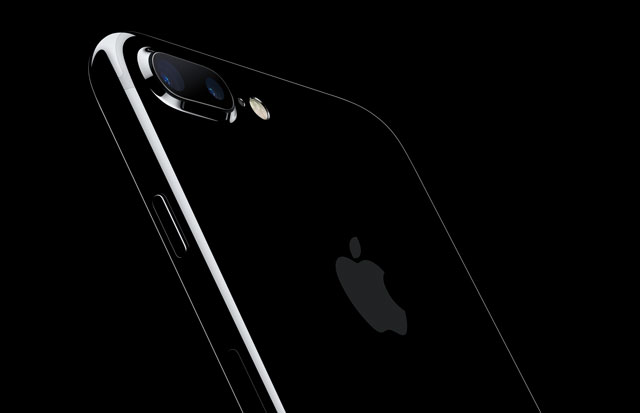
Apple’s third-quarter rally is unwelcome news to the unusually large swath of investors who have been giving up on the stock.
Shares of the iPhone maker have jumped 21% this quarter, trouncing the S&P 500 Index. At the same time, the number of its institutional owners has fallen 1,3% to 3 847 since June as 295 firms sold out of their positions entirely, a 28% increase from three months ago, according to regulatory filings compiled by Bloomberg.
It’s another blow for active managers who are trailing the market by the most in more than a decade based on full-year results. Apple’s share gain was about nine times the S&P 500 as CEO Tim Cook’s product plans eased concern over the company’s future growth.
“Fund managers across the board are being guilty of being too conservative,” Jeffrey Sica, who oversees US$1,5bn as the president of Circle Squared Alternative Investments, said by phone. “The lack of innovation at Apple has been what’s kept a lot of investors away. They held back and it did hurt them.”
Sentiment over Apple turned sour as the company ended 13 straight years of uninterrupted sales growth earlier in 2016. Omega Advisors and Lansdowne Partners are among firms who exited the shares in the second quarter. Since the end of June, Apple buyers have fallen 4.6% while sellers, including those who cut stakes or exited completely, increased 4,4%.
Growing pessimism turned out to be misplaced as the stock staged the biggest weekly rally in five years. Even as the S&P 500 suffered its worst retreat since the UK’s vote to exit the European Union over the past week, Apple shares stood as one of the biggest winners.
With gains exceeding 2% every day since last Friday, the stock is up 12%, beating all but one companies in the S&P 500. US mobile operators T-Mobile and Sprint said they’d received almost four times as many orders for the iPhone 7 as previous models, fuelling speculation that the new product is off to a faster start than usual.

Apple said late on Wednesday that its new iPhone 7 Plus and the smaller jet-black iPhone 7 sold out during the company’s online pre-order period. Those devices won’t be available to buy for walk-in customers at Apple stores when sales start Friday, a company spokeswoman said.
“Positive pre-order and other data points suggest iPhone 7 may exceed low expectations,” Morgan Stanley analyst Katy Huberty wrote in a note to investors on Wednesday. She’s bullish on the stock in part because it only requires a quarter of existing iPhone users to upgrade for the company to beat consensus analyst estimates.
Misjudgments of Apple have backfired in the past. In 2014, when most professional investors decided Apple euphoria was wearing thin, the stock surged 38%, beating the S&P 500 by the most for any largest American company since Microsoft’s 49% out-performance during the Internet boom a decade ago. That year, eight of 10 funds focusing on large growth stocks trailed their benchmark.
Fund performance is already on a fragile footing this year. According to Bank of America, only 15 of large-cap funds have beat their benchmarks, on course for their worst year since at least 2003.




